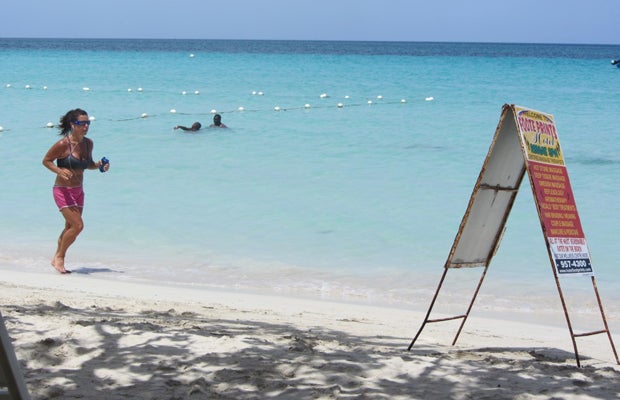by Lumas Kendrick, Jr.
The Caribbean is an area long admired for its alluring beauty and captivating lifestyle. Yet, beneath the surface of this tropical paradise, the people in the Caribbean are locked into a struggle that threatens their very lifestyle. The issue is the struggle to control the spiraling cost of energy that threatens to undue all of the hard won gains of fifty years of independence. The Caribbean generates almost all of its electricity using mostly diesel and heavy fuel oil. Over the past 50 year, the price for oil has risen from around US$10 per barrel to over US$100 per barrel and the demand for electricity, driven by the increased use of energy consuming devices, especially air-conditioning, has skyrocketed.

Electricity prices in the Caribbean can be up to three times higher than prices in North America and steadily rising, with some tourist hotels finding that meeting the cost of air-conditioning alone can be over half of their operating costs. Thus a new paradigm for Caribbean energy is needed.
This posting is the first in a series of postings looking at and chronicling some of the efforts under way in the Caribbean to gain control of spiraling energy costs.
Future postings will examine efforts by governments to be at the cutting edge in reducing energy usage in its own operations, efforts to help small business reduce costs in their efforts to remain competitive, and efforts to find substitutes for diesel fuel for electricity generation.
Stay tuned for more “Dispatches from the Front Line”.
 Author & User, Devilal, Photo courtesy of Wikimedia Commons
Author & User, Devilal, Photo courtesy of Wikimedia Commons
Stay tuned for more “Dispatches from the Front Line”.
Lumas Kendrick, Jr. is an IDB Senior Regional Energy Specialist based in the Country Office of Jamaica.


What is really needed is that the new era of renewable energy comes to the Caribbean. The IDB with help of other multilaterals should sponsor a caribbean wide project of brining solar energy to the area. Clean, responsible, renewable energy. If the demand for Oil in the area falls, so will the prices.
Jaime,
Thanks for the comment. While renewable energy can assist in addressing the energy needs of the Caribbean, the reality is that fossil fuel will provide the bulk of the energy for the near future. While we are working hard to expand renewable energy, we must address the issue of meeting the energy needs for large scale consumers. Renewable energy unfortunately cannot address this at present in a cost effective manner.
Lumas